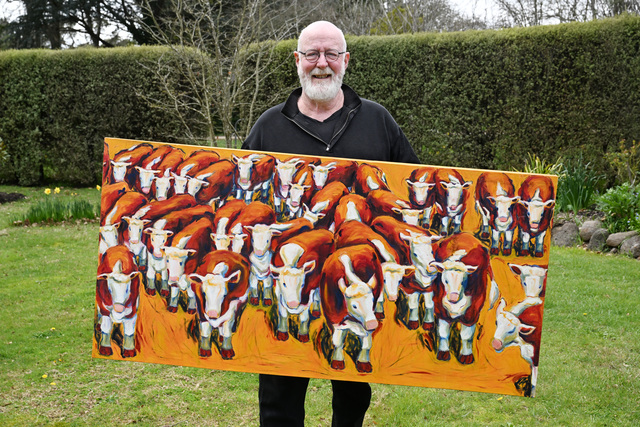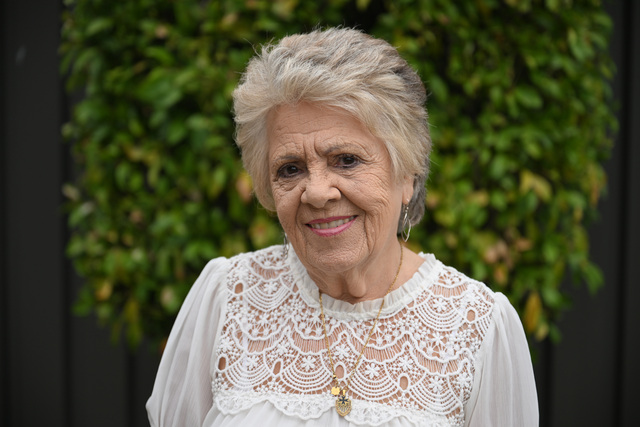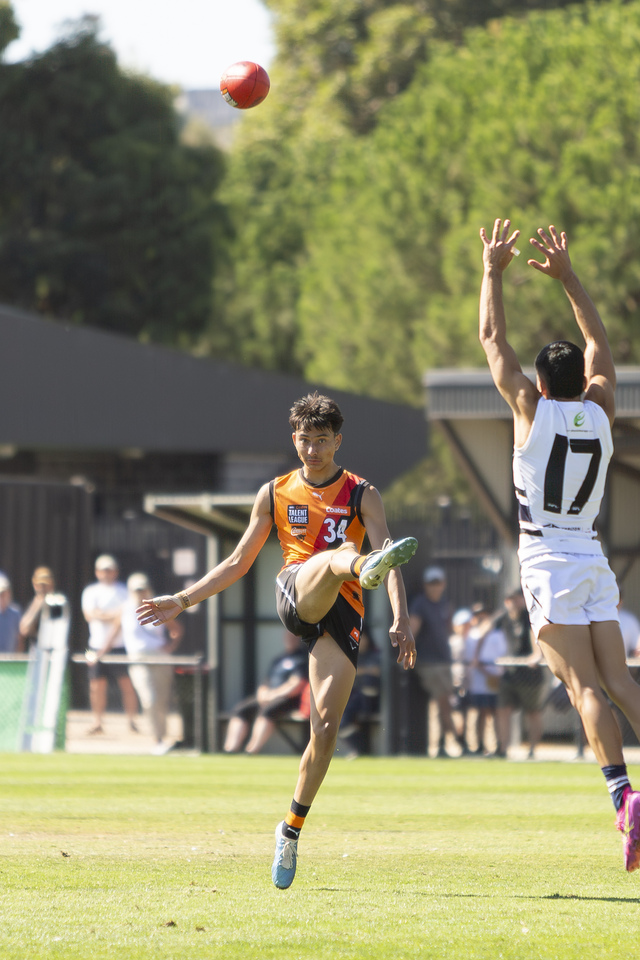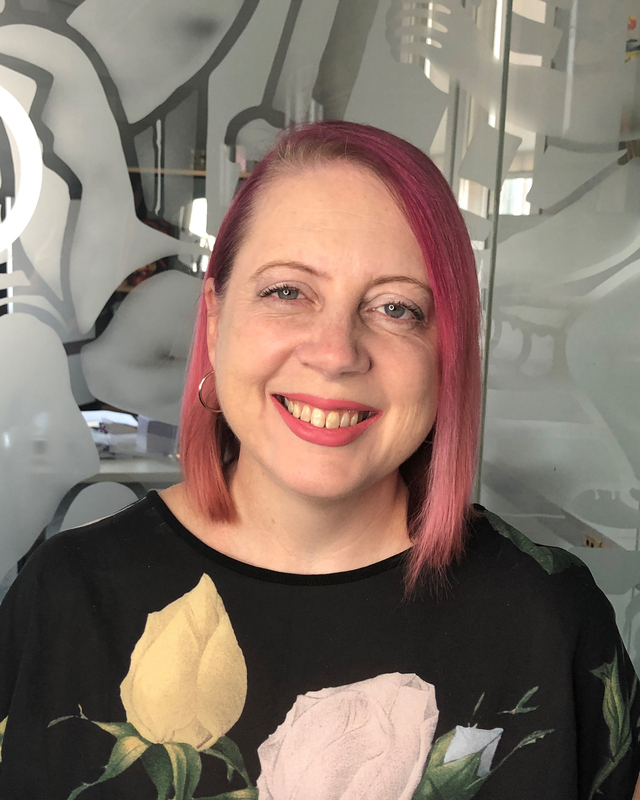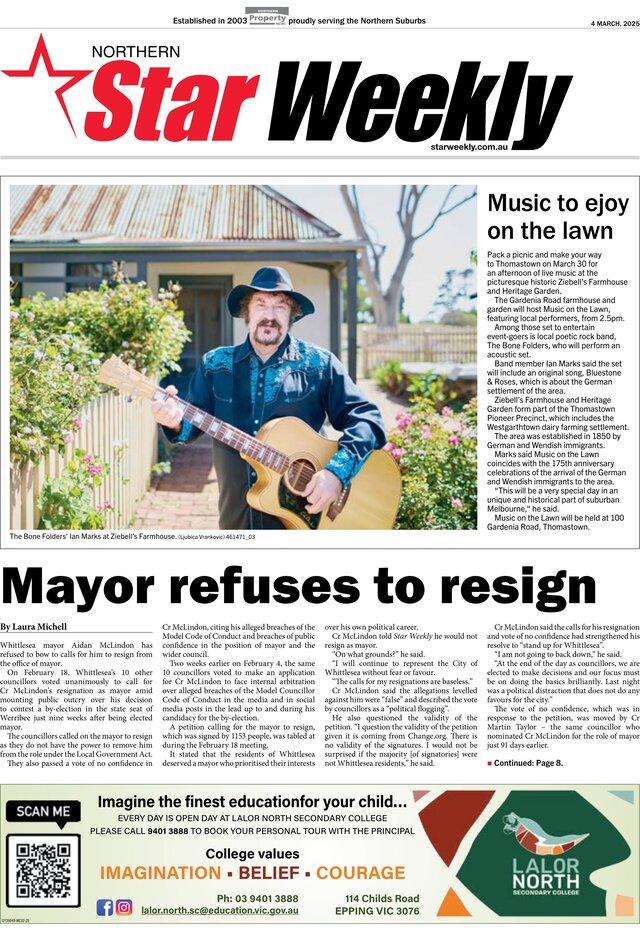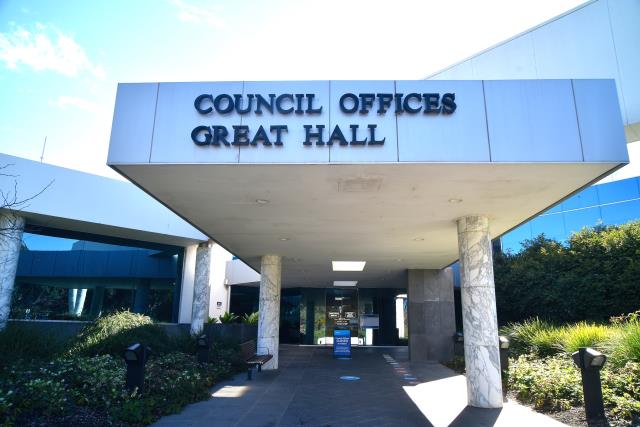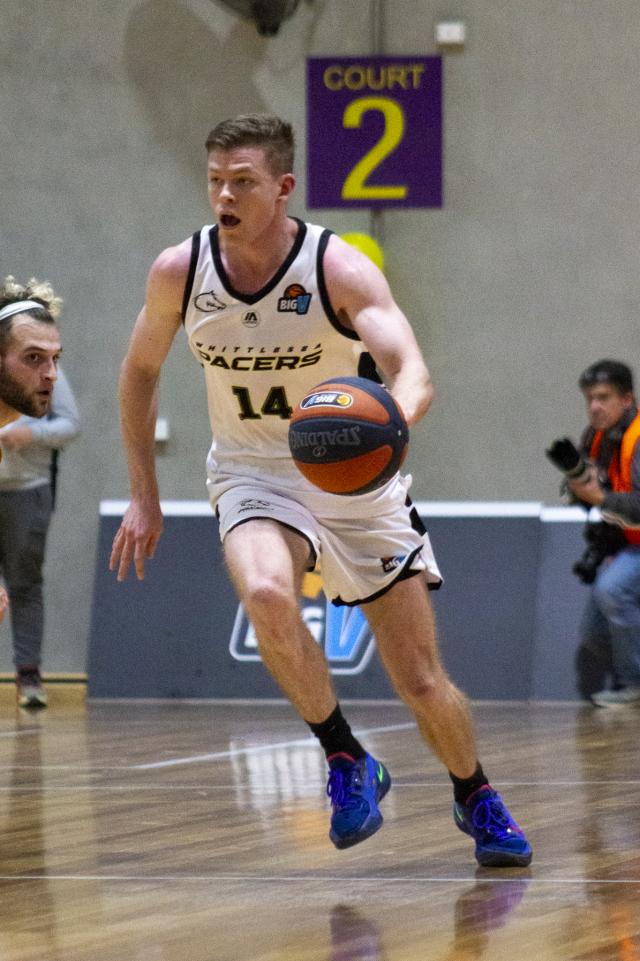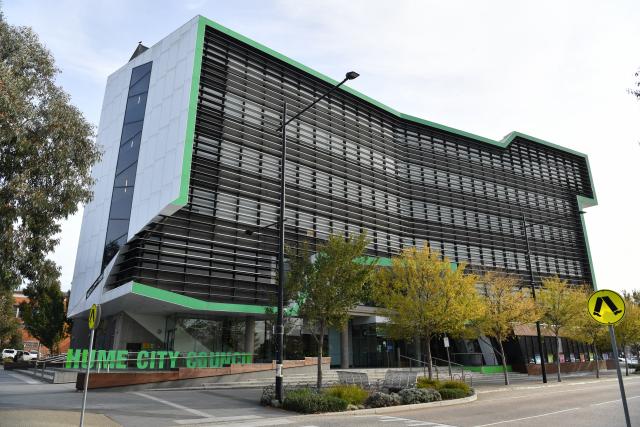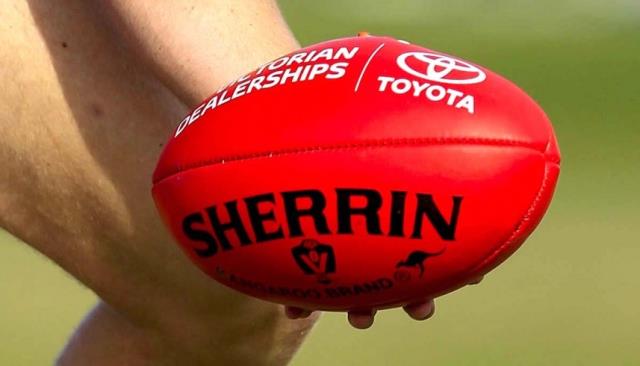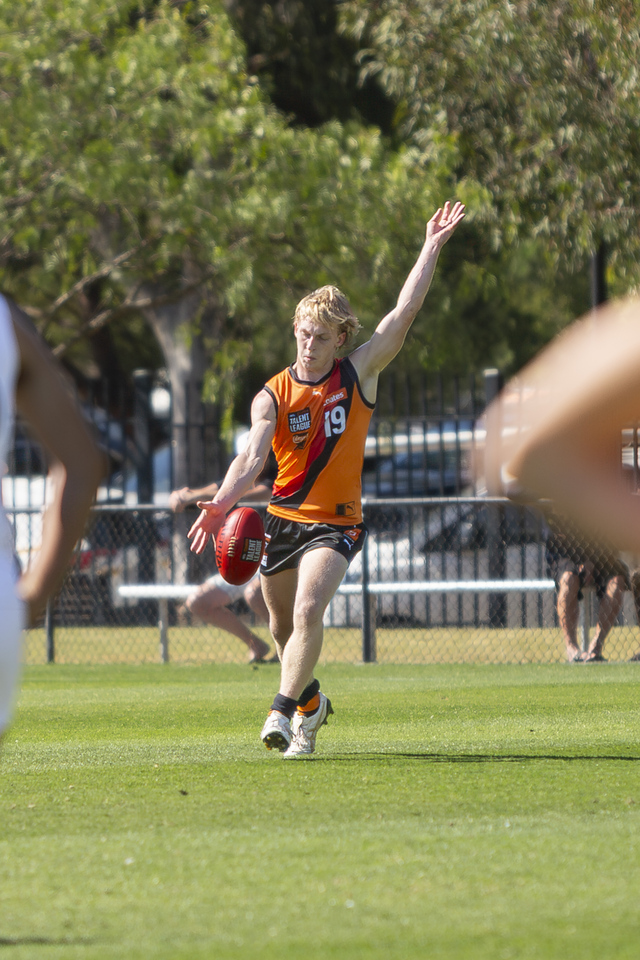Youth workers in Melbourne’s north and west are reporting a 300
per cent increase in ice use among clients over the past five years.
And police data released last week has cited ice (crystal
methamphetamine) as a factor in Victoria’s dramatic rise in incidents of
domestic and random violence.
Organisations in the north are calling for an urgent investment in
the social capital required to combat family breakdowns, youth and
adult homelessness, and heightened levels of violence.
Women’s Health in the North’s acting chief executive Sandra Morris
said the situation was “shocking”, likening it to a national emergency
after Victoria Police recorded 9861 family violence incidents in
Melbourne’s northern region in 2012-13, an increase of 23.4 per cent
from 2011-12 (7992 incidents).
Across Victoria, incidents increased from 50,016 to 60,829 over the same period, a jump of 21.6 per cent.
The rate was particularly high in Hume (1430 incidents per
100,000) and Whittlesea (1249 incidents per 100,000), compared with the
state rate of 1071 per 100,000.
“And one big issue with family violence is ice,” Ms Morris said.
“We must look at this as a public health issue. Family violence results in injury, illness, disability, mental illness, homelessness and death.
“If we had an outbreak of disease that was causing these rates of
harm in the population, we would be in a state of national emergency,”
Melanie Raymond, chief executive of Glenroy-based Youth Projects,
said workers had reported that ice use among young people from
Melbourne’s north had increased by 300 per cent in recent times.
“Cannabis continues to be used steadily, however, in some of our
programs, and in just 12 months ice has outstripped cannabis as the drug
of choice,” Ms Raymond said.
Ice use is also increasingly associated with acts of random
violence as drug-affected users experience delusional and paranoid
episodes, usually when coming down from the “high” of the highly
addictive drug.
“What is also alarming is that ice is being used in conjunction
with alcohol and prescription medication, and that is a highly toxic
mix,” Ms Raymond said.
“In our alcohol and drug counselling services throughout the
north-west … we are increasingly seeing ice used alongside alcohol and
cannabis.”
Ms Raymond said ice was widely available on the streets in the
northern suburbs, and she linked easier access with the advent of
illegal drug labs in the northern area.
“Young people with ice addiction are far more difficult to treat
than those using cannabis alone, due to the impact of this drug,” Ms
Raymond said.
The Youth Northern Outreach Team (YNOT) provides outreach drug and
alcohol treatment for those aged between 12 and 25, delivering services
in cities including Moreland, Hume and Whittlesea.
» For help, call YNOT on 9304 9100.

